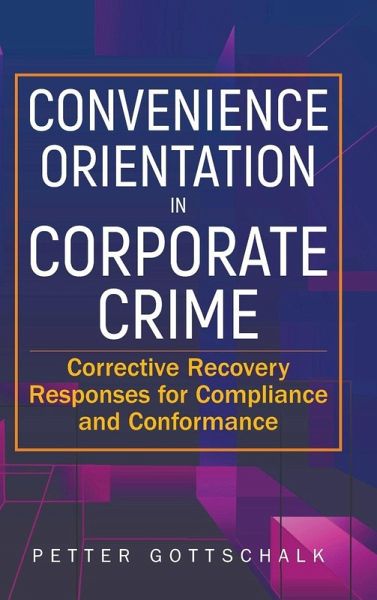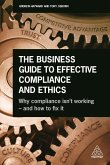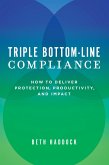This book addresses corporate wrongdoing as a criminal phenomenon driven by convenience. Corrective recovery triggers include crime detection, corporate scandal, whistleblowing, and bottom-up change management. While compliance refers to meeting legal and other formal obligations, conformance refers to meeting and potentially exceeding societal and other informal norms and obligations. Lack of conformance tends to have immediate and serious consequences when revealed. People react when corporations pollute rivers, do business with authoritarian regimes, provide favors to government officials, look another way at money laundering, and commit other forms of wrongdoing that might never end up in the criminal justice system. People express their reactions in social media, in the press, and in the street by demonstrations.Corporate compliance and conformance programs require monitoring, auditing, corrective actions, and system modifications or redesign to prevent future problem behavior. Window-dressing by symbol change rather than substance change does not work anymore. Often, deviant executives need to be replaced after honest accounts of wrongdoing, where an account refers to a statement made by the entity to explain negative behavior that has become subject to inquiry by stakeholders and others. Denial, justification, excuse, apology, scapegoating, victimization, crusading, or other explanatory attempts should be avoided. The contribution of this book to the literature is to present a range of corrective recovery responses that help reduce crime convenience.
Hinweis: Dieser Artikel kann nur an eine deutsche Lieferadresse ausgeliefert werden.
Hinweis: Dieser Artikel kann nur an eine deutsche Lieferadresse ausgeliefert werden.








